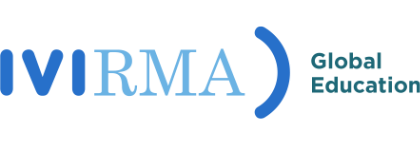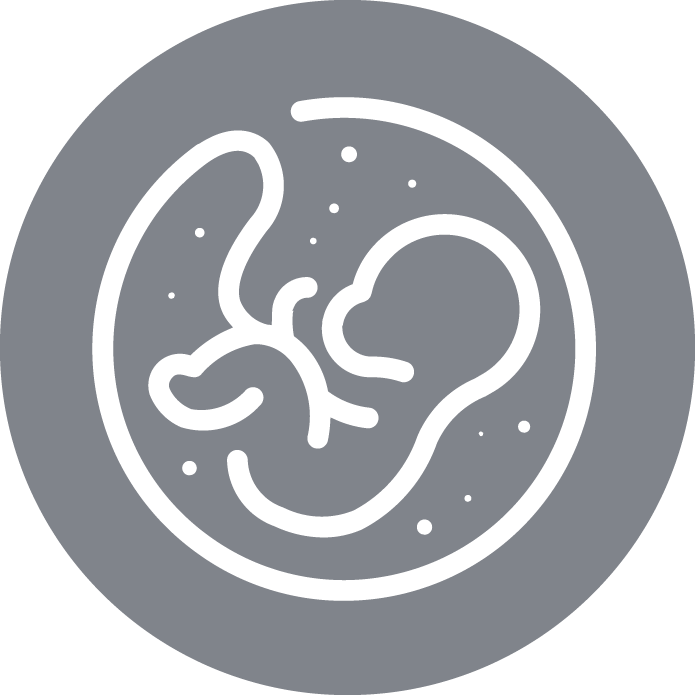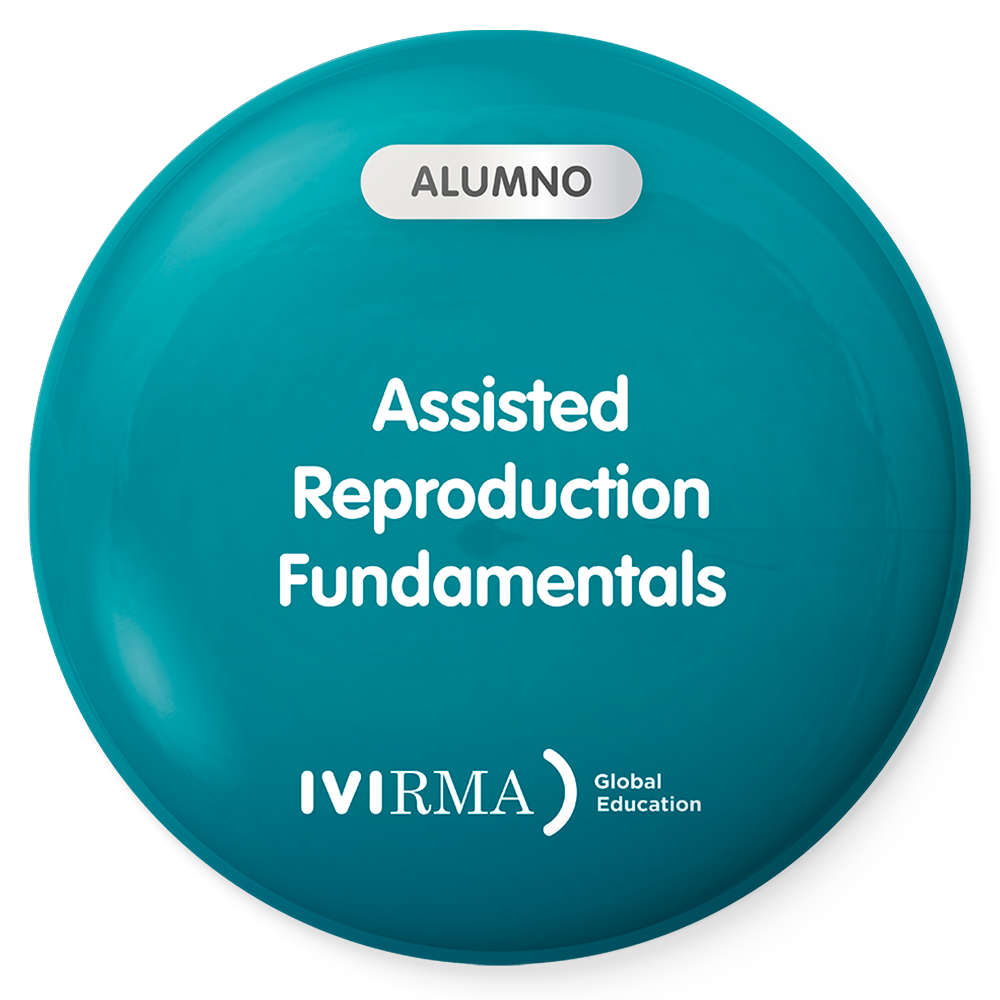Assisted Reproduction Fundamentals
AREA: Gynecology, Assisted Reproduction, Research
LANGUAGE: English
PLACES: 15
STUDENTS: 0/15 (0%)
START DATE & END:
06/11/2025 – 27/11/2025
MODALITY: Online
CENTER: IVIRMA Global Education
06/11/2025 – 27/11/2025
4 theoretical
100% flexible schedule
IVIRMA Campus
100 €
This course is accredited by the European Accreditation Council for Continuing Medical Education (EACCME).
Once course is completed you will be awarded with 4 ECMEC´s credits.
More information in FAQ´s.
Intended for
Professionals interested in acquiring basic knowledge in the field of Assisted Reproduction: genetic factors, legal aspects, laboratory techniques and procedures, etc.
Description
Assisted Reproduction is the set of medical techniques and treatments aimed at promoting the pregnancy in the case of fertility problems in men, women, or in both genders. However, it is also of great help in specific situations that would not imply an infertility problem, as would be the case of women facing maternity on an individual basis, couples of homosexual women or couples carrying a disease that could be transmitted to the offspring
The online course will be carried out through the e-learning platform: IVIRMA Campus. The student will receive a message with the access information and credentials 24/48 hours before the start of the course.
IVIRMA Campus can be accessed from Windows computers (7, 8 or 10) or Mac, using Chrome or Firefox in its last three versions. Access from mobile devices is not supported and does not ensure the correct operation of the course.
Do you want to see a part of the course?
Skills
Learning outcomes expected to be acquired by the student at the end of the course:
1. To apply genetics knowledge in reproductive medicine.
2. To identify the main bioethical aspects that must be considered in the application of assisted reproduction treatments, as well as their moral implications, according to Spanish legislation derived from human reproduction.
3. To apply Spanish legislation in cases of preimplantation testing and fertility preservation.
4. To recognize the organization and procedures of a reproduction clinic.
5. To identify a correct fertilization.
6. To analyze the different events that occur during embryo development.
7. To apply the principles of cryobiology to the protocols of cryopreservation techniques for cells, gametes and embryos.
8. To recognize the effects of aging and the basics of ovarian rejuvenation.
Students info
The online course will be carried out through the e-learning platform: IVIRMA Campus. The student will receive a message with the access information and credentials 24/48 hours before the start of the course.
IVIRMA Campus can be accessed from Windows computers (7, 8 or 10) or Mac, using Chrome or Firefox in its last three versions. Access from mobile devices is not supported and does not ensure the correct operation of the course.
Program
Module 1. Genetics
1.1 General information about genetics
1.2 Human genome
1.3 Chromosomes
1.4 Milestonesof genetics
1.5 Change of era: Genomic Era
1.6 Genetics in Reproductive Medicine
1.7 Paradigm shift
Module 2. Legal Aspects of Assisted Reproduction
2.1 Legislation
2.2 Patients and donors
2.3 Preimplantation testing
2.4 Preservation of fertility
Module 3. Laboratory Procedures
3.1 Follicular puncture
3.2 Recovery and capacitation of seminal samples
3.3 Denudation
3.4 ICSI
3.5 Evaluation of the fertilization
3.6 Embryo development
3.7 EmbryoScope
3.8 Embryo biopsy
3.9 Oocyte and embryo vitrification
3.10 Oocyte and embryo warming
Module 4. Present and future in the Assisted Reproduction: Ovarian Rejuvenation
4.1 Aging
4.2 Ovarian reserve
4.3 Ovarian rejuvenation
4.4 Cell therapy
4.5 Studies
4.6 ASCOT
4.7 IVF cycles
Module 5. Glossary of terms
Cancellation and Refund Policy
Once the course has started, enrollment cancellation will not be possible, and no refunds will be issued under any circumstances.
Theoretical-practical courses are designed as an indivisible training unit; therefore, no refunds will be granted once the course has begun, even if the practical component has not yet started.
Course Completion
A course will only be considered successfully completed when the student has fully completed the entire program. If the course includes a practical component, it will not be deemed completed unless that component has been fully carried out.
No certificate of completion or attendance will be issued if the student has not completed all the activities included in the course program. Under no circumstances will certificates be issued for partial completion of either the theoretical or practical parts of the course.




